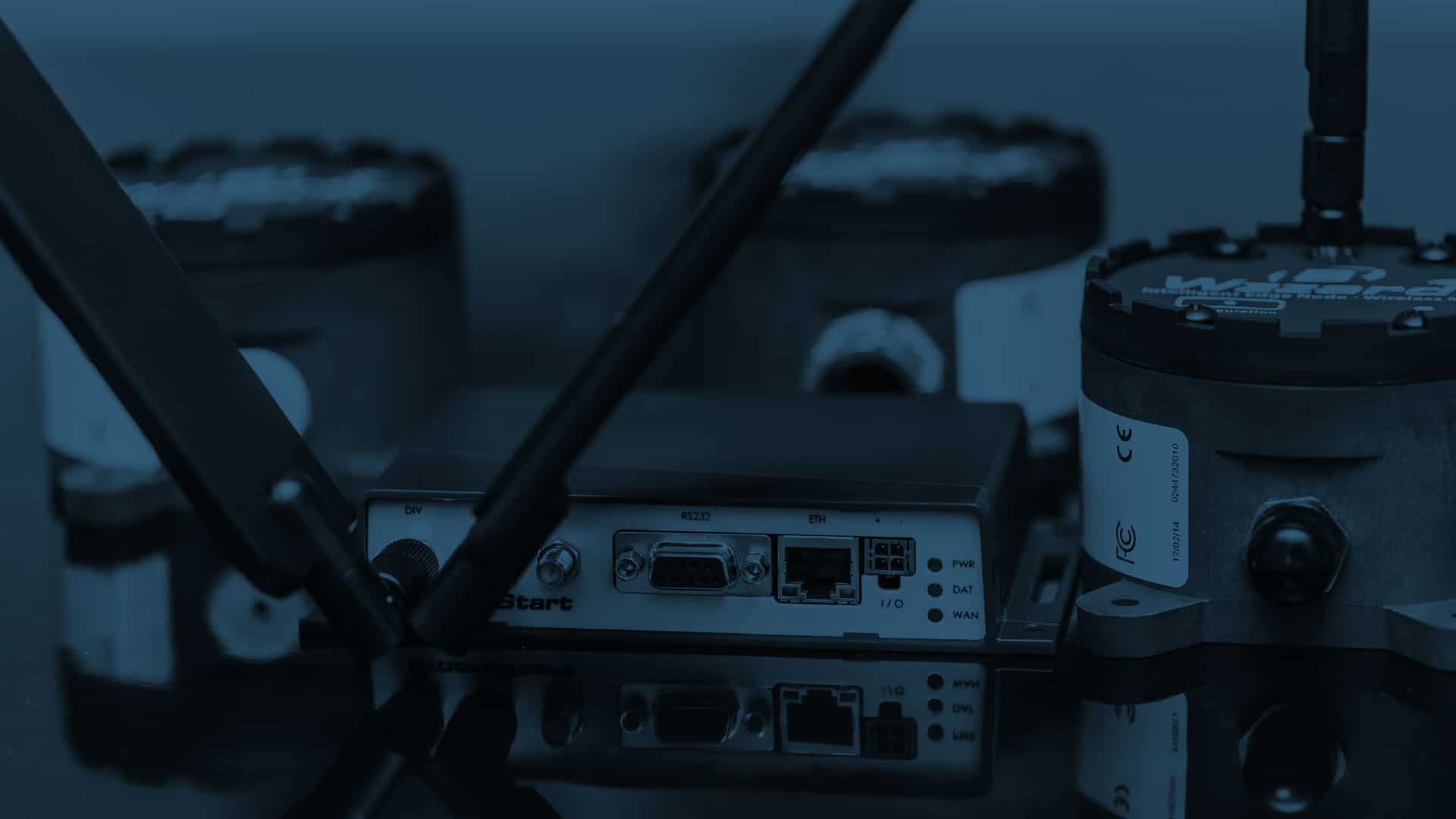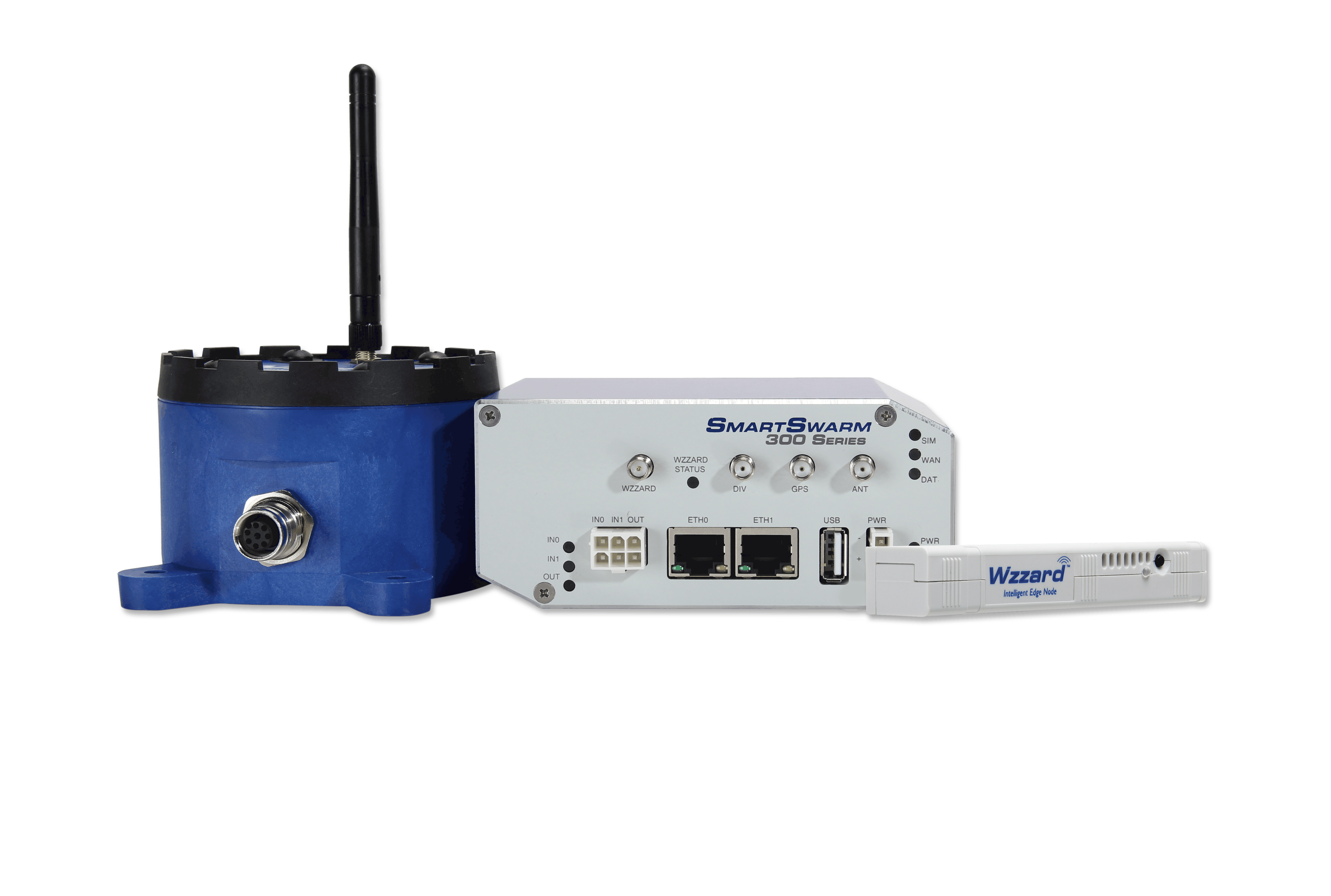LoRaWAN gateways: transmit IoT sensor data

LoRaWAN networks are all-rounders. Thanks to standardized hardware and the industry wide MQTT protocol, they are perfect for simple and cost-effective transmission of sensor data.
Why use LoRaWAN?
Are you in facility management and would like to monitor buildings automatically? Or would you, as an electric power company with smart metering, want to read electricity meters remotely and automatically? Or are you a modern shepherd monitoring your cow herd on the alp from a distance? Then a LoRaWAN network is exactly the right technical solution.
LoRaWAN is an open LPWAN (Low Power Wide Area Network) system architecture developed and standardized by the LoRa AllianceTM, a non-profit association of more than 500 member companies.
This standardization ensures that the hardware, i.e. the IoT Gateways & Devices are equipped with standard interfaces and that you as an operator can further develop your network independently of suppliers.

LoRa Module Features
- 1 gateway connects up to 30 nodes
- Nodes have interfaces to analog or digital sensors
- Up to 8 km range (in field test, without restriction)
- 800 MHz has high transmission penetration – even in buildings
- US/EU band
- Supports Dual WAN LTE/Ethernet
- Supports TCP/IP, VPN tunnel, etc.
- Communicates to application platform via MQTT
Why MQTT is the key in a LoRa Gateway
MQTT is a connection protocol between machines, which is used particularly in IoT networks. The protocol is designed for remote connections with low (or expensive) bandwidth – such as for the communication of sensors with a gateway. Small packet size, low power consumption and efficient distribution of information to one or more receivers characterize this machine-to-machine communication. Like LoRa, the MQTT protocol is an industry standard and is being further developed by an organization.
Thanks to the MQTT protocol, sensor data in our LoRa networks are directly transferred to the analysis applications – without detour through cloud servers. The LoRa Gateway acts simultaneously as MQTT server and thus as MQTT broker, the LoRa nodes are MQTT clients. You as operator benefit from lower costs!

Why should you choose a private LoRa network?
Monitoring air quality in real time, alerting (almost) full litter bins and (almost) empty vending machines – LoRa networks are thus used wherever processes are automated and made more efficient by digitalization and internet of things. But often it is business critical data that is transported. Therefore the public cloud might not be the best choice. Private LoRaWAN networks can be the better one. And thanks to intuitive operation, network commissioning and maintenance is easy.
Advantages of private LoRaWAN
Optimal network planning
You decide which site will be developed at which time.
Optimal network planning
Your sensor data remain in your closed system.
Low costs
Run your own networks thanks to robust hardware and intuitive software.

Rinaldo Zanella
Co-Founder and CEO Would you like to learn more about the versatility of LoRaWAN? I look forward to your call!